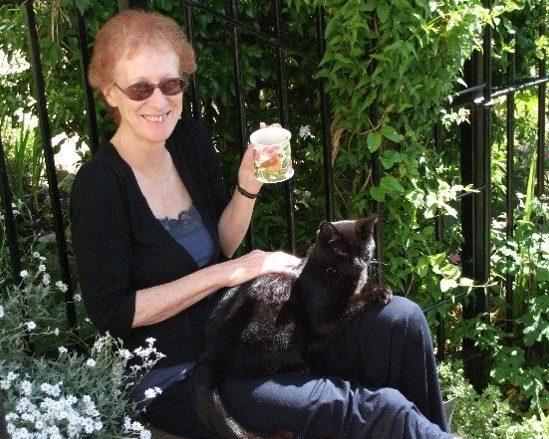Psychology of Women and Equalities Section
POWES was described as an important community space for feminist Psychology, and Christine Griffin and Erica Burman were founding members of the section. POWES grew out of a network of feminist activism but they have never been able to explicitly call themselves feminists!

Chris suggests that creating the need for an institutional space was her rationale for getting involved with setting it up, although the BPS was perhaps an organisation that she wasn’t fully invested in.
Christine Griffin: “I think I was involved in those early meetings about whether to do this and how to do it and I was never in the BPS or bothered about it. But I supported the idea, but I thought it was important to have conferences and for some sort of support and so on.”
Indeed, there was resistance from the BPS to a so-called ‘political’ Section, as articulated in other oral histories by founding members like Sue Wilkinson, Jan Burns, and Jane Ussher.
The BPS viewed a group of feminists as political and therefore would not allow them to form, and when they did form, did not allow them to call themselves feminists officially. The irony that the BPS not allowing them to call themselves feminists was based on the BPS’ political agenda was not lost on the women who were setting up POWS.
Sue Wilkinson: “the proposal for a Section was turned down by the BPS. It was the first time in its history that a Section proposal had ever been rejected. … I think the essence of it was that there is no recognized area of psychology that is about women. This is just a women's group, it is a political organization in disguise, masquerading as something scientific.”
Modern-day POWES is described as a welcoming and vital space, and as advocating for important issues, especially within the academy. It has been described as an inclusive, nurturing, feminist community.
It is also a space where people have the opportunity to discover other aspects and methods of psychology, as well as people and networks with whom they had interests or characteristics in common.
Helen Malson: “I suppose it’s the informal or less formal, networking aspect of POWES, feeling that you’re part of a community. So those instances where, as a feminist qualitative psychologist, you might feel slightly isolated in your views; that knowing that there is a whole section there of like-minded people is nice. And, yes, knowing and working with different people, often through POWES.”

For
more information about POWES in the present, see Donnelly, Hubbard and
Capdevila (2022).
